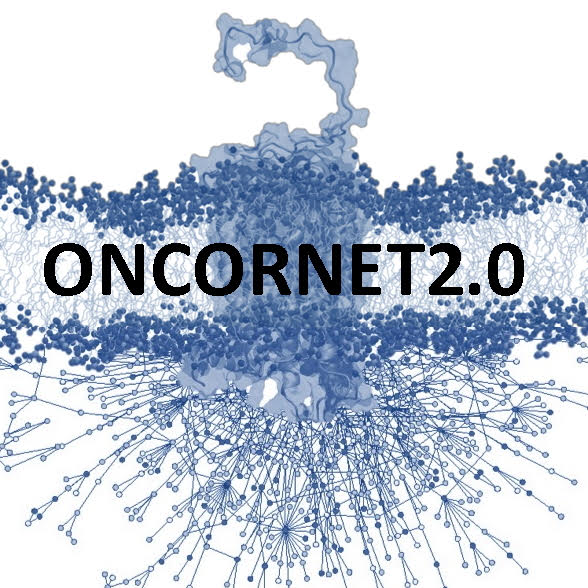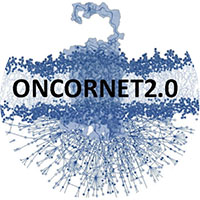Development of (patho)physiological in vitro and in vivo models to assess effect of CXCR4/CXCR7 modulators
Early stage researcher 13 (ESR13) project – Carmen Callego
Supervision: Prof F Bachelerie, Dr G Schlecht-Louf
Host: INSERM (FR) – UMR S 996, Paris-Sud University, Laboratory of Excellence in Research on Medication and Innovative Therapeutics (LERMIT)
I- Project proposal:
Aim:
1. Investigate the activities of CXCR4/CXCR7 in response to their modulators in cell proliferation/differentiation.
2. Investigate CXCR4-mediated cell migration to characterize partners and the impact of CXCR7.
3. Investigate the effect of CXCR4 and CXCR7 activities on tumour angiogenesis.
Methodology:
The aim is to characterize the role of CXCR4 partners and the impact of CXCR7, in the CXCL12-driven migration (chemotaxis and haptotaxis), proliferation, differentiation and angiogenesis notably in the context of experimental models for oncogenic human papillomavirus (HPV) (e.g. in vitro in wound healing assays and 3D epithelial models and in vivo in mice models; xenograft and transgenic). In these models, partners-expression will be altered via silencing and CRISPR/Cas9 methods and the impact of CXCR4 or CXCR7 mutants as well their modulators will be analysed. Analyses will be extended to biopsies (paired skin/blood samples) from immunodeficient patients suffering from severe HPV pathogenesis (dysplasia, cancer) by mass cytometry [CyTOF permitting multiparametric analyses of rare populations] to validate the oncosignalling pathways.
Planned secondments: Cisbio (FR), VU (NL).
II- Requirement candidate:
Required diploma: MSc degree in molecular/biomedical Life Sciences, Microbiology/immunology Sciences or related Life Sciences degree.
Required expertise: Biochemistry, molecular biology, cell culture.
Recommended expertise: HTRF/BRET-based assays, imaging, viral-particle-related assays, Flow-cytometry, mice model practice.
Key publications:
1. Balabanian K, Brotin E, Biajoux V, Bouchet-Delbos L, Lainey E, Fenneteau O, Bonnet D, Fiette L, Emilie D, Bachelerie F (2012) Proper desensitization of CXCR4 is required for lymphocyte development and peripheral compartmentalization in mice. Blood 119:5722-30.
2. Bachelerie F, Graham GJ, Locati M, Mantovani A, Murphy PM, Nibbs R, Rot A, Sozzani S, Thelen M. (2014) New nomenclature for atypical chemokine receptors. Nat Immunol. 2014 15:207-8.
3. Calmette J, Ellouze M, Tran T, Karaki S, Ronin E, Capel F, Pallardy M, Bachelerie F, Krzysiek R, Emilie D, Schlecht-Louf G, Godot V(2014) Glucocorticoid-induced leucine zipper enhanced expression in dendritic cells is sufficient to drive regulatory T cells expansion in vivo. J Immunol. 193:5863-72.
4. Chow KY, Brotin E, Ben Khalifa Y, Carthagena L, Teissier S, Danckaert A, Galzi JL, Arenzana-Seisdedos F, Thierry F, Bachelerie F (2010) A pivotal role for CXCL12 signaling in HPV-mediated transformation of keratinocytes: clues to understanding HPV-pathogenesis in WHIM syndrome. Cell Host & Microbe. 8:523-33.
Follow us on
Contact details
Please contact us at:
e.v.langemeijer@vu.nl
ONCORNET Coordinator
Vrije Universiteit Amsterdam




